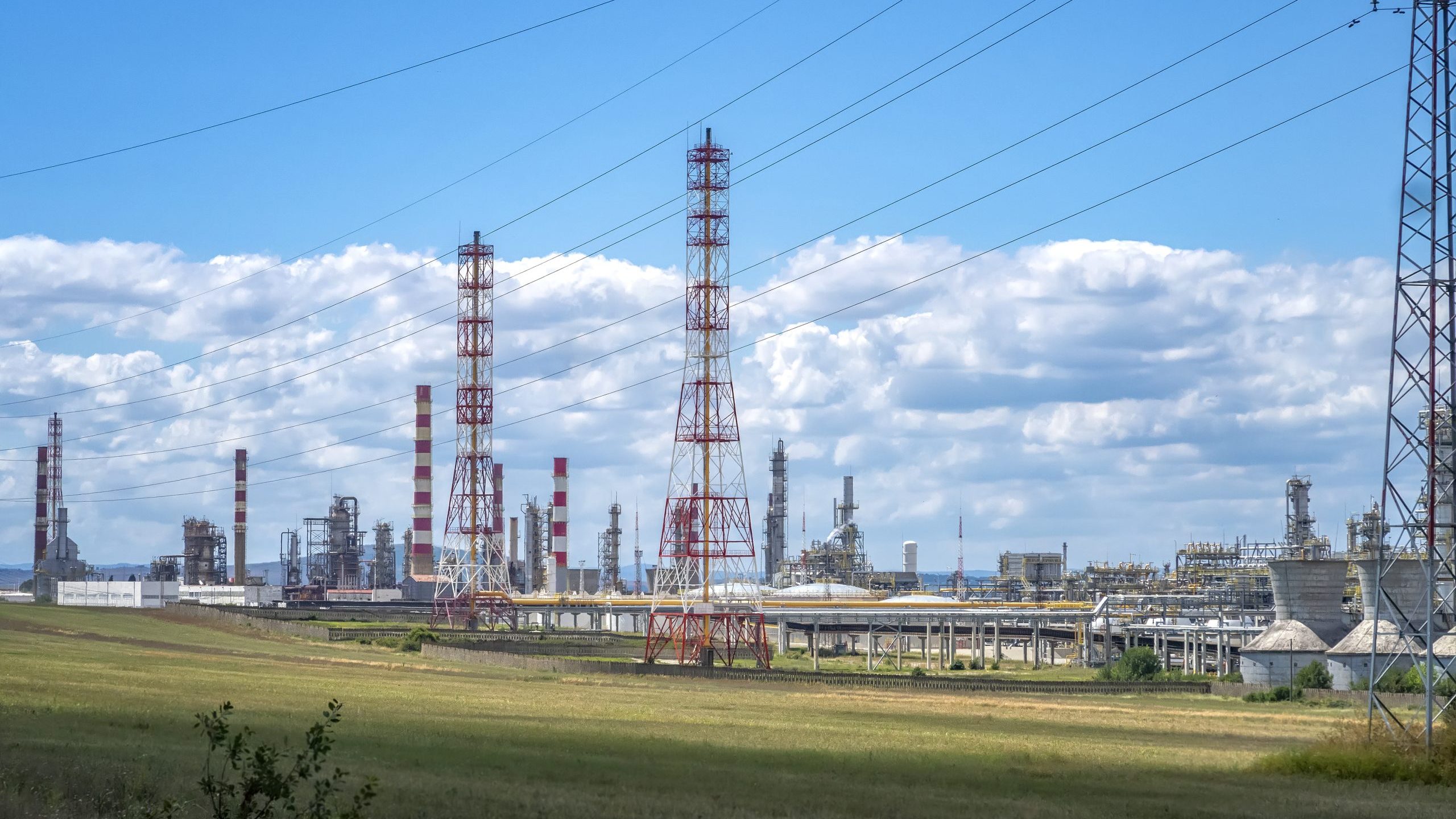Foro Industria y Energía requests that the new National Energy Commission establishes coordination with counterpart departments in the industrial sector and assess the needs of the energy system in a comprehensive manner, especially regarding energy transmission networks.
The reinstatement of the National Energy Commission (CNE) is nearing its final stage following the close of the amendment submission period in Parliament for the Draft Law on the Reestablishment of the National Energy Commission, approved by the Council of Ministers at the end of September.
This body, which operated in Spain from 1995 to 2013, has spent the last decade integrated into the National Commission on Markets and Competition (CNMC). Now, it is once again becoming independent, aiming, as the draft law states, to “strengthen the institutional capacity of the regulator at a key moment for the energy transition, addressing the growing needs for specialization and efficiency arising from the new energy and regulatory paradigm.”
The functions of the CNE will primarily involve the oversight and control of energy markets, ensuring effective competition within these markets, and protecting consumers in the electricity, liquid hydrocarbons, and natural gas sectors, as well as in hydrogen and other renewable gases—something not included in its previous role. The draft law specifies that the regulator must “incorporate into its regulations and decisions the energy transition objectives adopted by Spain in the context of the EU and internationally.”
Foro Industria y Energía has conducted an initial analysis of the potential repercussions that reinstating this autonomous body may have on industrial energy management.
First, the significant role of energy management and the energy sector, in general, in the process of decarbonizing the economy cannot be ignored, which may justify the suitability of re-establishing this Commission. It is worth noting that the CNE will need to perform its duties in line with general policy guidance and the anticipated sectoral policies, as well as consider the strategic priorities established by the government.
Regarding industrial energy management, the draft law does not appear to specifically address issues related to it. However, the FIE believes that this change could have some indirect positive effects due to the strengthening role it could play in regulating the sector and creating a regulatory framework conducive to efficient and affordable energy access—something that the industrial sector has long advocated. Furthermore, in a time of geopolitical volatility like the present, ensuring free competition could help reinforce the European internal market.
Foro Industria y Energía believes it would be highly beneficial if this renewed body could establish coordination with counterpart departments in the industrial area to foster the much-needed collaboration between industry and energy and to set common objectives. Thus, the CNE could serve as a tool to improve the coordination of energy projects linked to industry, thereby enhancing its competitiveness.
Regarding the strategic planning and deployment of transmission and distribution electrical networks, which is also a need expressed by some in the industry to continue advancing in decarbonization and competitiveness, the new body will play a prominent role, as it will incorporate among its functions the “regulation through circulars of various aspects related to transportation, distribution, and access in the natural gas and electricity sectors; implementation and supervision of compliance with standards and protocols in the mentioned sectors.”
In this sense, the CNE might draw inspiration from initiatives such as the recently created National Energy System Operator (NESO) in the United Kingdom, described as “an independent public corporation” that will plan and operate the entirety of the UK energy system and is entrusted with “the responsibility of ensuring reliable, clean, and affordable energy.” NESO proposes a holistic vision, with a single entity “responsible for overseeing Great Britain’s electricity and gas networks, planning infrastructure, and exploring emerging technologies, considering all energy vectors to design the networks and markets that Great Britain needs.”

